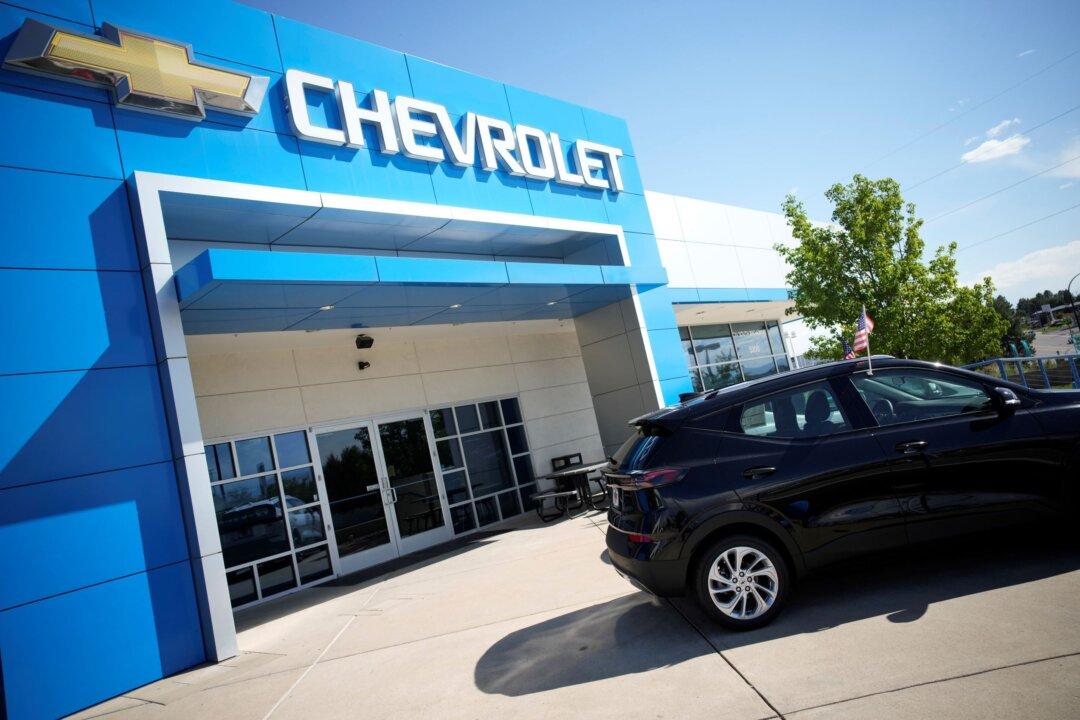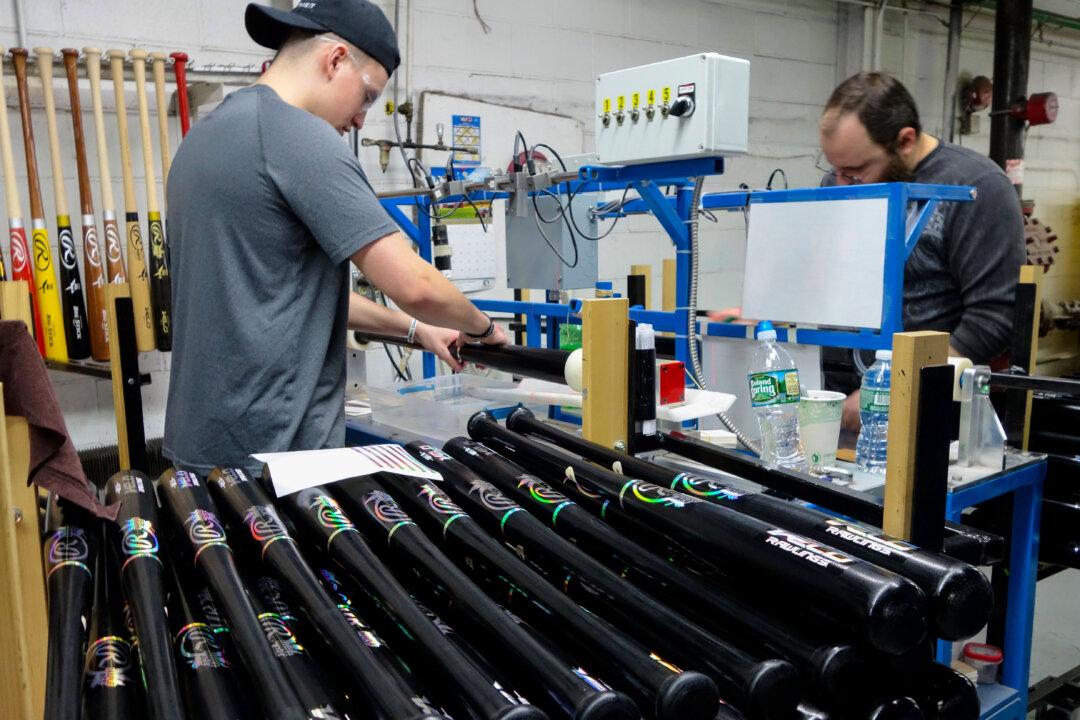After a hot start, electric vehicle (EV) sales at the beginning of 2024 represented just 9 percent of the new car market, with many dealers publicly complaining that they were having a hard time moving them off the lot. A new study claiming that gas-powered or internal combustion engine (ICE) vehicles may be more economical to drive is not going to help motivate buyers who are reluctant to buy an EV.
Anderson Economic Group, based in Lansing, Michigan, has released updated fueling cost estimates, which compared ICE vehicles with EVs in the fourth quarter of 2023, and found that with gas prices dropping across the country, gas-powered vehicles might be cheaper to fuel than equivalent EVs.





